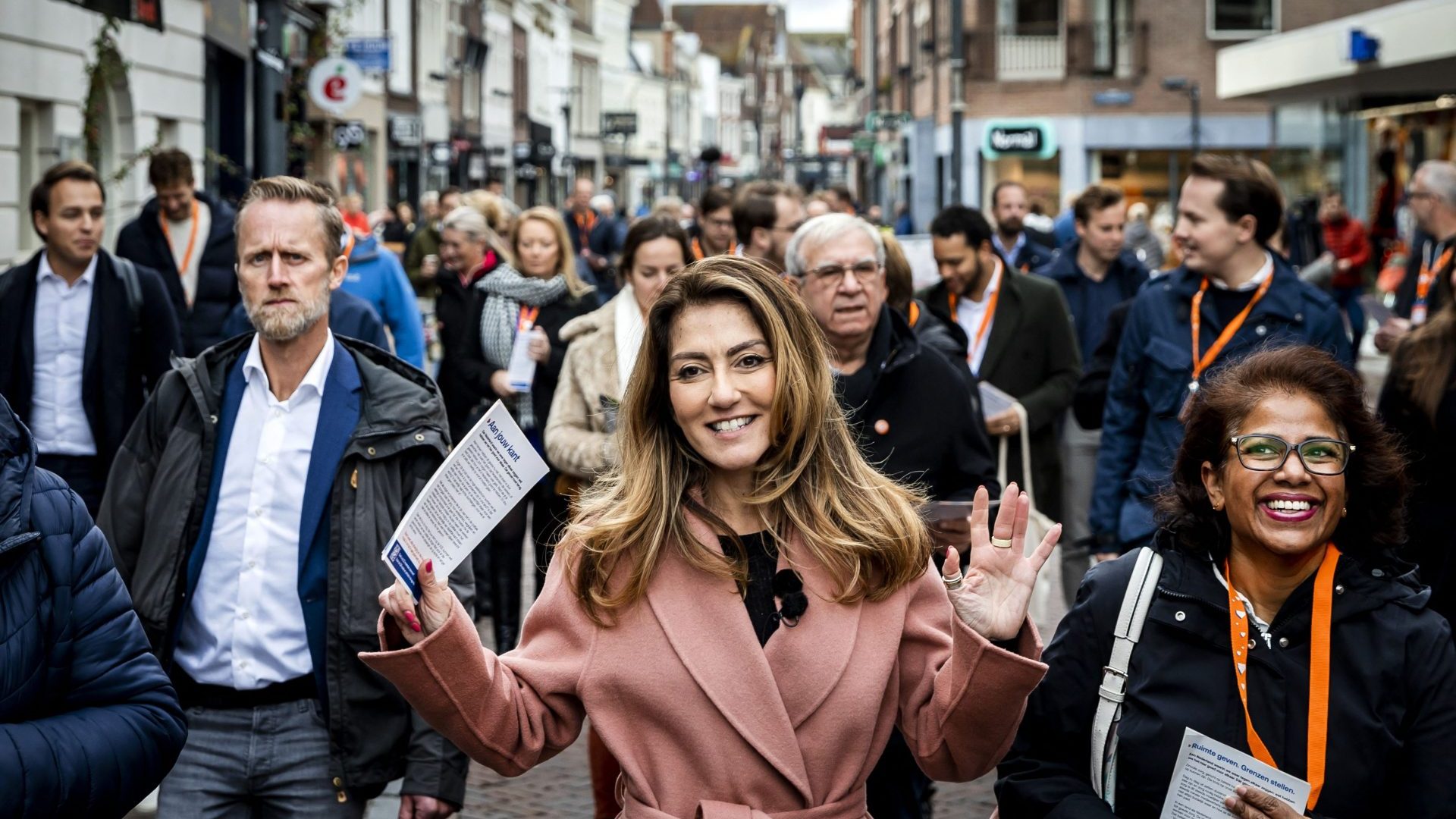Spare a thought for your poor correspondent, called upon to cover one of the most low-energy election campaigns in recent Dutch history, in the constant rain. Did I mention that this was the Netherlands, where low-energy election campaigns are not unheard of? And did I say that it has been raining more or less without a break, seemingly since the last time Ajax topped the Dutch Eredivisie? Sorry, don’t let me get sidetracked by another disappointing performance.
The Dutch will vote on November 22, and this election campaign was so low-energy that the media started running stories about how dull it is. It was so insipid that not one but two credible contenders for prime minister skipped a major television debate – not out of some Trumpian disdain, but because they had better things to do. Trying to find an election rally worth the name was liking waiting for another Ajax victory. Sorry, there I go again.
It all started so promisingly in July when long-time PM Mark Rutte brought down his own cabinet, ostensibly due to differences over migration. Ostensibly, because the coalition had been a crotchety affair from the start. This was fed by deep-seated Rutte fatigue after more than a decade marked by his blithe, business-as-usual style at home and his Mr. No image in Europe. Too many scandals and memory lapses had started to form an unappealing crust on his hitherto Teflon image.
This was revealed spectacularly when one of his own coalition partners, even after the fall of the cabinet, signalled it would support a motion of no confidence in him. Rutte saw what was coming, resigned as party leader and said he would not run again. Now he’s dividing his time between attempting to bring peace to the Middle East and angling for NATO’s top job.
So far, so interesting. It still promised to become a hot campaign when Rutte’s replacement as head of his conservative-liberal VVD party was announced. Dilan Yeşilgöz-Zegerius came to the Netherlands from Turkey as a child and tends towards the Suella Braverman side of the political spectre. Still, she had one of the best shots at becoming the next Dutch prime minister.
But she was challenged by an entirely new party, New Social Contract or NSC, set up by veteran Christian Democrat Pieter Omzigt. He has built his brand on exposing governance scandals, including one in which the tax authorities were accused of racially profiling benefits recipients. Being a Christian Democrat, he’s outspokenly socially conservative. And he’s being coy about actually wanting to be prime minister, which, for some reason, people find appealing.
Another relative upstart, that at one point looked as if it might have a shot at the top spot, was the Farmers Citizens Movement, BBB, led by its hitherto sole member of parliament, the deliberately down-to-earth Caroline van der Plas. This is an odd one, as the voters’ quest for something, anything, new briefly propelled her to the highest regions in the polls.
This is a party mainly born out of farmers’ opposition to EU-mandated environment measures. The Netherlands has been hit by farmers’ protests over the last couple of years and sympathisers signalled their displeasure by displaying the national tricolour upside down – formerly a gesture used by Nazi sympathisers, although the farmers reject that link. Along the national highways, the show of defiance was ubiquitous for a while and it even reared its head in my distinctly non-rural corner of Amsterdam.
Alas, so much promise, so few fireworks. Things went downhill at the end of the summer, when the political landscape settled and a united Labour-Green list recruited the EU Commission’s vice-president and European Green Deal czar Frans Timmermans as its leader. Timmermans completes the list of possible prime ministerial candidates. But unlike his former colleague Donald Tusk in Poland, he did not set the campaign on fire.
Hovering in the background like a spectre from elections past, is right winger Geert Wilders and his anti-immigrant Party For Freedom, PVV. He has been shunned since he blew up the first Rutte cabinet in 2012 but was briefly considered as a potential coalition partner by Dilan Yeşilgöz. Before she reconsidered and moved back to firmer ground.
The dreariness of the campaign is entirely in keeping with the rest of the political process in the Netherlands. After the vote, the country usually has to wait many months, sometimes close to a year, for a coalition to be formed.
By that time the parties’ posters that briefly went up outside my window in the last week of the campaign, will be a rained-out, remote memory. Much like the glory days of Ajax.










